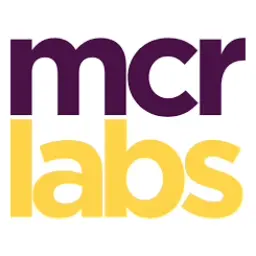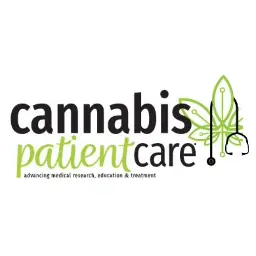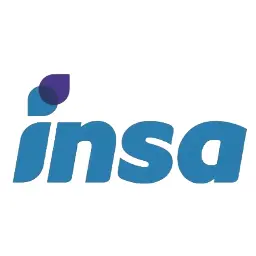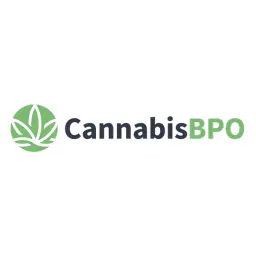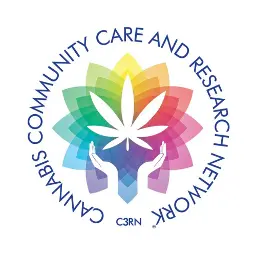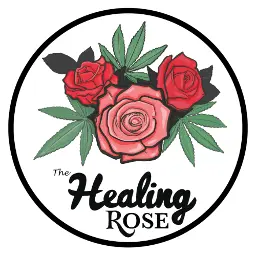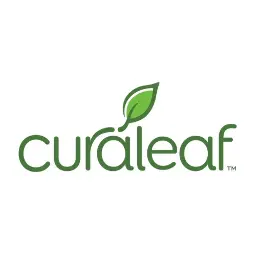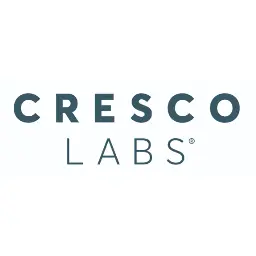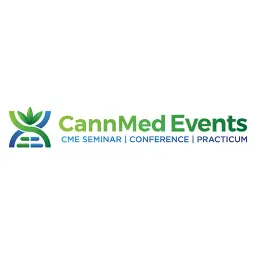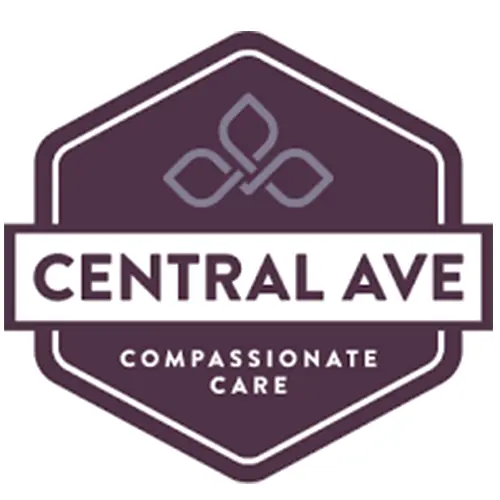The ECS is a complex cell-signaling system identified in the early 1990s, involved in regulating various body functions and processes like sleep, mood, appetite, memory, and reproduction. It consists of endocannabinoids, receptors, and enzymes.
How does the Endocannabinoid System work?
The ECS operates through receptors (primarily CB1 and CB2) distributed throughout the body. Endocannabinoids bind to these receptors, triggering physiological responses
What are Endocannabinoids?
Endocannabinoids are molecules made by the body, similar to cannabinoids but produced internally. They help maintain internal functions smoothly.
What are the key components of the ECS?
The main components of the ECS are endocannabinoids, receptors (CB1 and CB2), and enzymes that synthesize and break down endocannabinoids.
How does cannabis affect the Endocannabinoid System?
Cannabis contains cannabinoids like THC and CBD, which interact with the ECS by binding to its receptors, altering its functions.
What is the role of CB1 and CB2 receptors?
CB1 receptors, mainly in the central nervous system, affect coordination, pain, appetite, and memory. CB2 receptors, found in the peripheral nervous system, influence inflammation and pain.
Can the Endocannabinoid System be targeted for medical treatments?
Yes, targeting the ECS is explored in treating conditions like chronic pain, epilepsy, and some mental health disorders.
ECS malfunction can lead to issues like insomnia, chronic pain, or mood disorders.
Can endocannabinoid levels be measured?
Measuring endocannabinoid levels is challenging due to their rapid breakdown and low concentrations in the body. Techniques like liquid chromatography-mass spectrometry are used to analyze biological samples for these lipid-based molecules, but issues like degradation and differentiation of types make it complex. Research in this area is ongoing.
How does the ECS affect mental health?
The ECS is believed to play a significant role in regulating mood and anxiety, with implications for conditions like depression and PTSD.
Is it possible to enhance the ECS naturally?
Lifestyle factors such as diet, exercise, and stress management can influence the ECS's functioning.
What are synthetic cannabinoids and how do they affect the ECS?
Synthetic cannabinoids are man-made chemicals that act on the ECS, sometimes causing unpredictable and harmful effects.
What is the link between the ECS and chronic pain?
The Endocannabinoid System (ECS) plays a crucial role in the modulation and management of chronic pain. This complex cell-signaling system, discovered in the early 1990s, is active in your body even if you don't use cannabis. It consists of three core components: endocannabinoids, receptors, and enzymes.
How does the ECS influence appetite and digestion?
The Endocannabinoid System (ECS) plays a significant role in regulating appetite and digestion, impacting various conditions, including obesity and eating disorders. This system, composed of endocannabinoids, receptors, and enzymes, operates across the body and brain, influencing a range of physiological processes.
Future research aims at understanding the ECS's roles in health and disease for new therapeutic approaches.





















